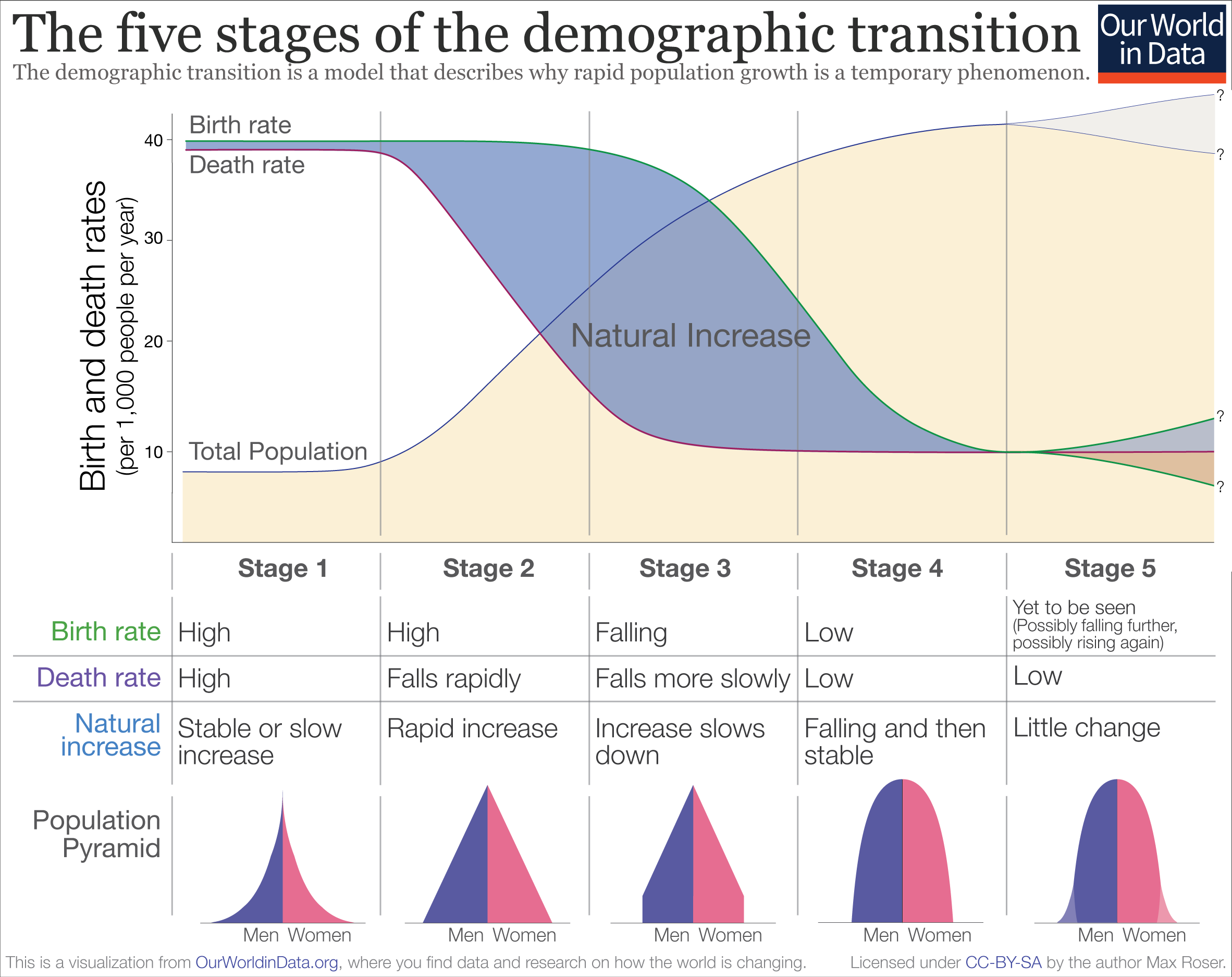In my setting there are large floating islands and much smaller floating islands that flow in random directions. Smaller ones sometimes contain mini ecosystems or ore veins that are extremely useful to larger islands. Battles and skirmishes are fought over these or even other larger islands between differing floating islands. Sometimes humans are fighting each other, other times non human entities need to be wiped out to secure an island or defend the home island.
There exists a class of medicine and drugs that greatly helps the human body fight internal diseases and bodily issues. It also makes the human body more capable of surviving on a floating island in the first place as well. Things like cancers, heart attacks, tumors/ general organ ware are curable so long as the issue didn't originate from an outside source. This means that even with a limited pool of people on the island, genetic disease or issues that you would normally see with an extremely homogeneous group are practically non existent. Genetic diversity doesn't rear the ugly head it does when you have a smaller sample size because of the medicine/ drug. This is important because things like a famine or lack of resources (such as water), might kill a great deal of people. But the population can recover without issue.
The drug mainly works on genetics and stopping bodily issues when it can start fixing the issue when its not terrible or out of control. Outside sources of infection or issue can cause rapid degeneration of the human body if not treated well enough in time. In that situation it has limited use there, but modern medicine and general medical practices can step in to save lives.
I.e someone isn't going to be able to survive sudden acute radiation poisoning since the drug works on prevention, mitigation and repair over a period of time. Trying to fix an issue after it happens isn't going to yield helpful results. An analogy is like being shot, but doing medical procedures to late. While the procedures are sound, they only work when done asap.
Because its a floating island, this drug is useful for keeping a population alive. It also means that older people are still able to function greatly as their bodies aren't ageing or being damaged at the rate humans in our world are. But at the same time this poses an issue, if the purpose of this drug is to help keep people alive and useful on the islands for longer, why is overpopulation not an issue? With that many older people in great shape on a floating island with limited resources compared to a country, after a few generations the population will explode and keep continuing to grow.
Limiting the drug on the population simply isn't an option (actually its a plot point for a different island, so for the main island its out).
Some ideas that I've considered are:
Procreation means a total incompatibility with the drug and any medical practices that use the drug as a basis. Problem is, what's to stop a selfish society from deciding that they don't want kids. At that point you're practically signing up for death, even if it means you can have kids. Encouraging people to have children brings up the issue of a baby boom.
The setting is so violent, each citizen past a certain age is required to commit X amount of service years every so often. Past a certain age people get the option of retiring or having longer breaks between their next tour of duty. There are a few issues that I have with this. One is that the military would want to hold onto veterans to train new soldiers. Second, an extremely elite cadre of veterans could basically live forever if they don't die in the service. Third, in order to get to this point of artificial culling, a lot of young people would have to die for this to make sense.
Compatibility is a range, some are more tuned than others. Therefore the drug/medicine works better on some people than others. This immediately sets up a hierarchical issue whereby people can selectively choose partners so that offspring can live longer. Down the line the problem gets worse.
Essentially I need to have the ability to increase the lifespan of people without it causing everyone on the island to live for a long long time. People should have the potential to live long and be useful, but it shouldn't be the widespread norm to the point that it strains resources. The older people need to be able to fight and do day to day activities in life without much assistance. They cannot be stuck in nursing homes. Ideally I'd like to avoid eugenics or saying that past a certain age, people are executed (seems ripe for a revolution) or restricting it from the general population. Simply getting rid of it isn't an option as its a central resource that many islands and non human entities fight over. Basically if people aren't dying en masse to disease or the body deteriorating anymore, they have to be dying to something else.
At present I am considering rolling the above three points together and changing a few things. But I would like to hear some other arguments since I am not totally satisfied with the arguments above.

